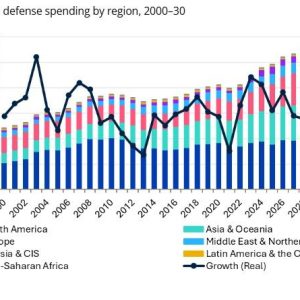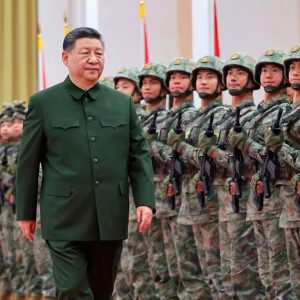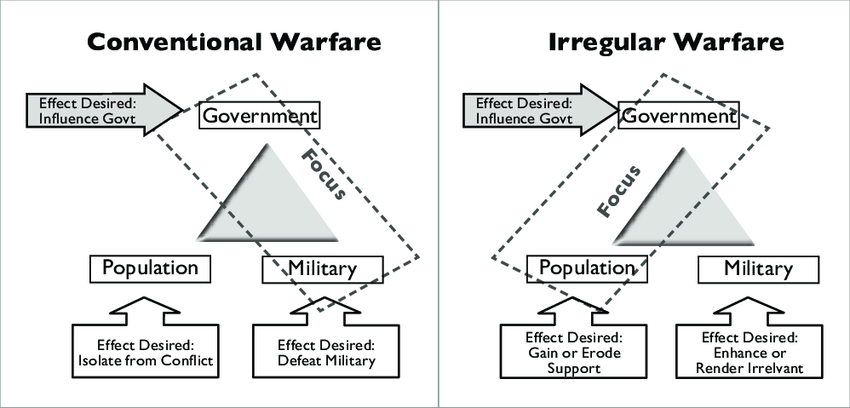In the realm of insurgencies, the impact of cultural and religious influences cannot be overstated. These elements serve as the bedrock upon which insurgent ideologies are constructed, providing a sense of purpose and identity to the movements.

Cultural Dynamics: Shaping Beliefs and Values
Cultural influences shape the beliefs and values that underpin insurgent ideologies. The preservation of cultural heritage, language, and traditions often intertwines with the aspirations of an insurgency, framing their objectives within a broader narrative of cultural preservation or revival. The perceived threat to cultural identity can be a powerful motivator, driving individuals to join underground movements as a means of safeguarding their heritage.
Understanding these cultural dynamics is crucial for both anticipating the motivations of insurgents and formulating counterstrategies that address cultural grievances. Incorporating cultural sensitivity into counterinsurgency efforts fosters a more nuanced approach that resonates with affected populations.
Religious Motivations: Faith as a Driving Force
Religious influences play a significant role in shaping the ideologies of many insurgent movements. Whether driven by sectarian divides or a desire to establish a society grounded in religious principles, these movements often draw strength from a shared religious identity among their members.
Religious ideologies can offer a moral framework for insurgencies, framing their struggle as a righteous endeavor against perceived oppressors. Consequently, religious symbols, rhetoric, and rituals become integral components of insurgent activities, providing a unifying force that galvanizes supporters.
Recruitment Strategies: Leveraging Cultural and Religious Bonds
Insurgent groups adeptly leverage cultural and religious ties in their recruitment strategies. Shared cultural backgrounds and religious affiliations create a sense of camaraderie and trust among recruits, facilitating the expansion of the movement. Additionally, the promise of defending or establishing a society aligned with cultural and religious values can be a compelling recruitment tool.
Counterinsurgency efforts must navigate this complex terrain by understanding the specific cultural and religious dynamics at play. Engaging local religious and community leaders, promoting cultural preservation initiatives, and fostering dialogue that respects diverse perspectives are essential components of a comprehensive strategy aimed at countering the ideological underpinnings of insurgencies.
Cultural Sensitivity in Counterinsurgency: A Strategic Imperative
Recognizing the centrality of cultural and religious influences in insurgencies underscores the importance of incorporating cultural sensitivity into counterinsurgency operations. This involves not only respecting local traditions and beliefs but also actively working to address cultural grievances that may fuel support for underground movements.
Cultural sensitivity extends to communication strategies, where acknowledging and understanding the cultural and religious context can enhance the effectiveness of messaging. Counterinsurgency efforts that respect and protect cultural heritage, facilitate intercultural dialogue, and promote inclusivity are better positioned to undermine the ideological underpinnings of insurgencies.
In conclusion, the nexus of cultural and religious influences represents a critical dimension of insurgencies. By comprehending the ideological underpinnings shaped by cultural dynamics and religious motivations, counterinsurgency specialists can craft strategies that resonate with affected populations, ultimately diminishing the appeal of insurgent movements grounded in cultural and religious identity.















